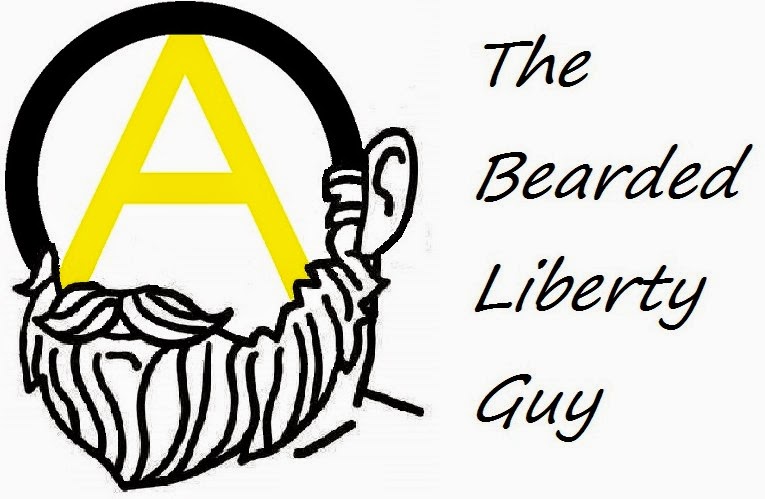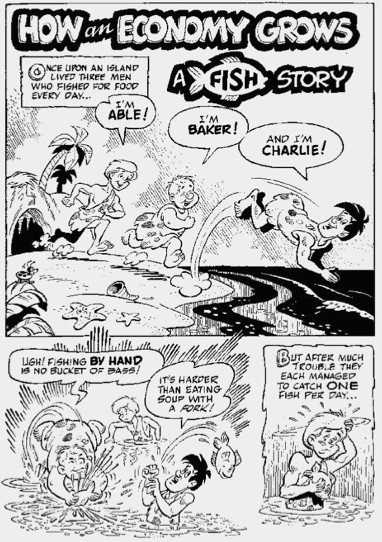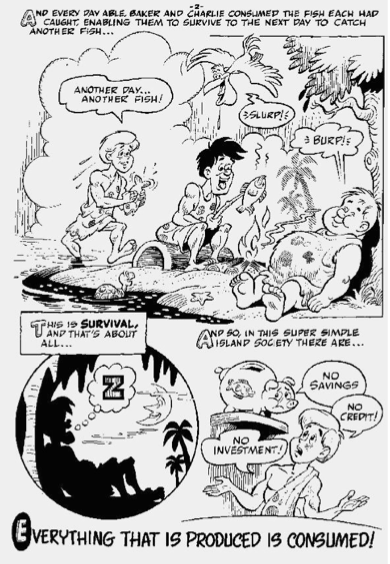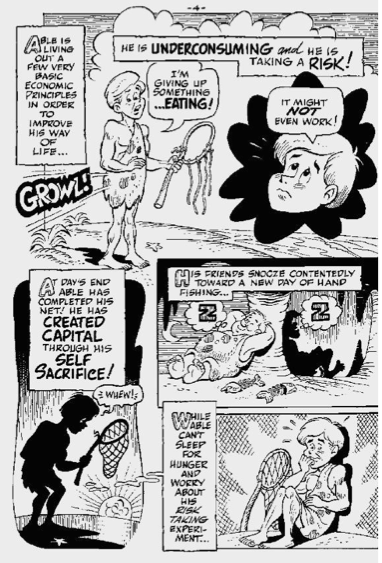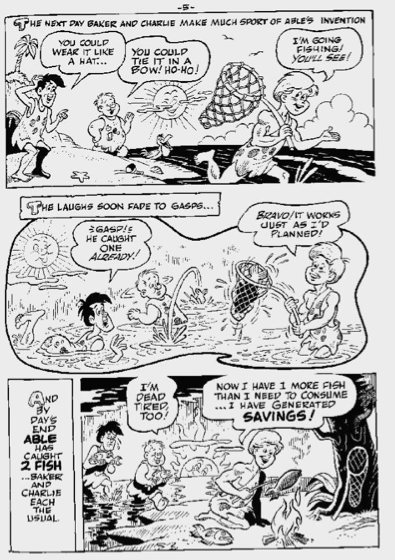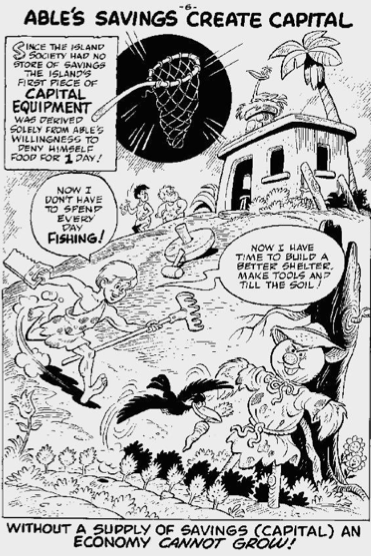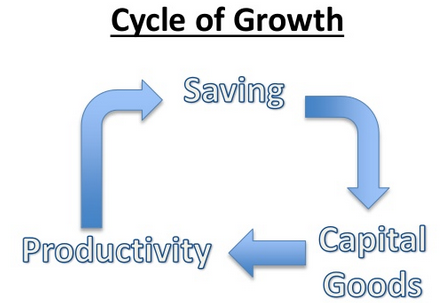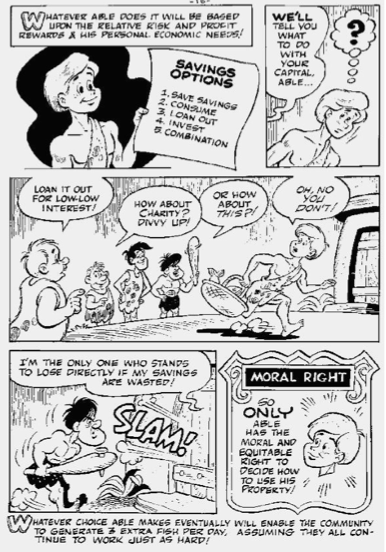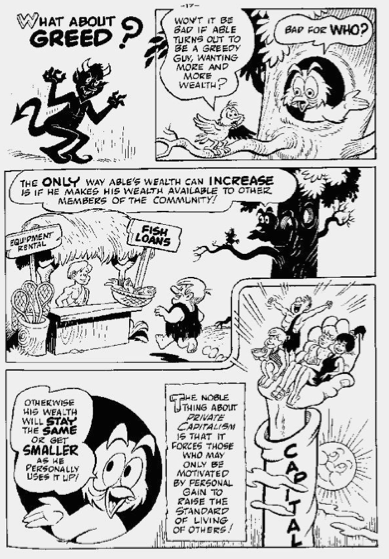The Epidemic of Fear in America
Commentary by Captain Paul Watson
“So, first of all, let me assert my firm belief that the only thing we have to fear is...fear itself — nameless, unreasoning, unjustified terror, which paralyzes needed efforts …”
- President Franklin D. Roosevelt
There is an epidemic in America, but it is not Ebola.
It is an insidious epidemic that began just after September 11th, 2001 and has grown more serious each and every year after.
It is not a physical affliction but rather a mental condition.
It’s called fear and it is completely unreasonable behavior, fabricated by politicians and the military, and disseminated by the corporate media in an effort to deny us basic rights and freedoms and to distract us from real issues and real threats.
Terrorism and disease are the two usual suspects to be paraded through the media to keep citizens scared and manipulated.
The latest is this thing called Ebola. It has millions of people literally trembling with fear and yet it is in reality completely and utterly insignificant.
All we need to do is look at the numbers.
Between 1976 when the first person (A Belgian nun in the Congo) was diagnosed with Ebola and last year there have been a total of 6,964 cases of Ebola resulting in a total of 3,964 deaths.
This year there have been 8,400 cases (4,656 laboratory confirmed cases) cases with 4,033 deaths. This could increase to 1,000 new cases per week.
Surely that sounds a little ominous.
Yet most frightening for Americans is that exactly one of those deaths was in the United States.
Yet last year alone between 300 and 500 million people were infected with malaria and one million of them died. The most common age of death was 4 years old and every 30 seconds a child dies of malaria. Thats 3,000 children each and every day. Two days of malaria deaths equals 40 years of Ebola deaths.
Even if the Ebola cases grow to 1,000 per week as some predict, that is still far short of 21,000 deaths from malaria each week.
40% of the world’s populations is at risk from malaria now but few seem concerned.
Now let’s take a look at tuberculosis. In 2012, 8.6 million people were infected with tuberculosis and 1.3 million died.
Over 95% of TB deaths occur in low- and middle-income countries, and it is among the top three causes of death for women aged 15 to 44.
Millions die each year from HIV, cancer, heart disease, respiratory disease, measeles etc.
So why the incredible fear about Ebola?
First because it is being treated by some media like a terrorist threat, an invasion out of Africa into America and Europe. Secondly because it is easily exploited as yet another means for government to strip away rights and freedoms and to justify further military expansion. Thirdly death by Ebola is horrific and swift with a very high casualty rate.
And fourtly and most importantly there is this little nugget of a fact. The vaccine being developed could be soon ordered into use with “emergency” clearance by the FDA in the United States with a compulsory vaccination program. And the patent on this “vaccine” is held by TEKMIRA, the same company that Monsanto has just invested in and Monsanto is the company that is now immune from being sued by any citizen by order of the President of the United States.
TEKMIRA Pharmaceuticals, a company working on an anti-Ebola drug, just received a large investment by Monsanto. From their media release: “Tekmira Pharmaceuticals Corporation is a biopharmaceutical company focused on advancing novel RNAi therapeutics and providing its leading lipid nanoparticle (LNP) delivery technology to pharmaceutical partners."
The money from Monsanto is reportedly related to the company's development of RNAi technology used in agriculture. The deal is valued at up to $86.2 million, according to the Wall Street Journal.
TEKMIRA has a $140 million contract with the U.S. military for Ebola treatment drugs:
Media Release from TEKMIRA: TKM-Ebola, an anti-Ebola virus RNAi therapeutic, is being developed under a $140 million contract with the U.S. Department of Defense's Medical Countermeasure Systems BioDefense Therapeutics (MCS-BDTX) Joint Product Management Office.
This certainly caught my attention that Monsanto just now decided to invest in a company leading the effort to develop an Ebola vaccine or cure and they did so in the midst of the media circus now revolving around Ebola.
Monsanto is the industrial blood-hound for profits. They have this ability to sniff out and exploit basic fears based on media hype and hysteria and of course they contribute to the these fears by releasing scare campaigns either directly or indirectly.
The potential for a huge market is rapidly developing and the collusion of the U.S. military has alarm bells going off in my head.
The history of medical research has shown that drug companies, the CDC and the World Health Organization have time and time again hyped the severity of potential pandemics in order to promote sales of promising miracle cures or preventive vaccines.
It is always suspicious when profits surge as hysteria over some new disease is hyped. Vaccine manufacturers made billions off the overly-exaggerated swine flu “epidemic” that did not happen and tens of millions of dollars in stockpiled swine flu vaccines that had to be destroyed by governments that panicked and purchased them with the taxpayers loss, being the pharmaceutical companies gain.
If completed, will a fast-tracked TEKMIRA vaccine work? It may be impossible to tell because with only two cases reported in America the chances of other Americans being infected are extremely low and if they are infected, or worse, if the vaccine itself has a side effect including death, Monsanto and possibly TEKMIRA because of its link to Monsanto may well be immune from responsibility,
Prior to 2014 Ebola it was just another relatively unknown disease killing black people in Africa just like malaria and tuberculosis, which most Americans and Europeans care little about primarily because poor Africans don’t have the money to cough up for drugs despite the fact that anti-malarial drugs sometimes take up half the income of some African residents. The problem is that half their income is still the price of a dinner for two and a movie, to most Americans or Europeans.
However concern about malaria that is rapidly changing as climate change is expanding the range of the Anopheline mosquito at the same time that the Pasmodium parasite, spread by the mosquito, is developing a resistance to the drugs used to combat it.
Every year about 2,000 cases are reported in the United States and the mosquito that transmits malaria can be found in California, Texas, Michigan and around New York City.
There were an estimated 207 million cases of malaria in 2012 (uncertainty range: 135 – 287 million) and an estimated 627 000 deaths (uncertainty range: 473 000 – 789 000). 90% of all malaria deaths occur in sub-Saharan Africa. - WHO, 2013.
Right now African nations and the international community are responding to the Ebola virus just as they respond to terrorism. When a suicide bomber strikes a crowded market and a few dozen people die, panic dictates the response with drastic measures infringing on human and civil rights as governments vow to hunt down the person or persons responsible. Yet malaria kills steadily at a pace of two victims per minute, 120 victims every hour, and it is scarcely noticed.
Lyme disease, Dengue fever and a revival of measles and whooping cough should be of more concern than Ebola.
Influenza kills a half a million people a year and since the first outbreak of Ebola in 1976, influenza has killed nineteen million people.
The same situation with terrorism. The average American, especially the average Black American has a greater chance of being shot and killed by an American police officer than by a Middle Eastern Terrorist.
The two easiest ways of sowing and spreading fear are through the threats of terrorism and pestilence. Thus it is relatively easy to manufacture a program of fear through sensationalizing both terrorism and disease, especially terrorism linked to an alien religion and culture, or a disease linked to dark fears out of Africa and images of zombies.
Real threats like climate change and mass extinction of species are being denied, diseases like malaria and tuberculosis are being ignored just as radiation leaks are being ignored. Just a brief note about Fukushima, remember Fukushima? Well it’s still leaking and tons of radioactive sea-water is being dumped into the ocean each and every day. Not that anyone is actually noticing.
Ebola is a serious concern in West Africa although it still remains a minor cause of death relative to malaria and tuberculosis. It is not however the great harbinger of doomsday that many in government and media would like us to believe.
Ebola does present us with a warning that there are viruses being hosted by other species that will be jumping to another species if their particular host species are being diminished or driven to extinction. Unfortunately for us, human beings represent a very large alternative host species.
We do know that Ebola is connected with the bush-meat trade. In1997 in Gabon, 37 people died of Ebola. A chimpanzee found dead in the forest was eaten by people hunting for food. All nineteen people who were involved in the butchery of the animal became ill, the others infected were all family members of the poachers.
Ebola has been found in bats, chimps, monkeys and pigs.
I am not dismissing the potential for Ebola and other viral infections from increasing their impact humanity but I seriously doubt that Ebola will surpass or even come close to the death tolls tallied up each year by malaria and tuberculosis or most of the other deadly viral or bacterial diseases.
Unless it can be found that the Ebola virus can be airborne or even worse, spread by mosquitos, the disease can be easily contained. So far the virus has not been found to be spread by any other means than by direct contact with bodily fluids.
Walking through a room of Ebola patients equates to an extremely small chance of contracting the disease whereas walking thorough a room of influenza patients presents a very high probability of contracting the flu. And we must not forget that the influenza pandemic of 1918 killed we
